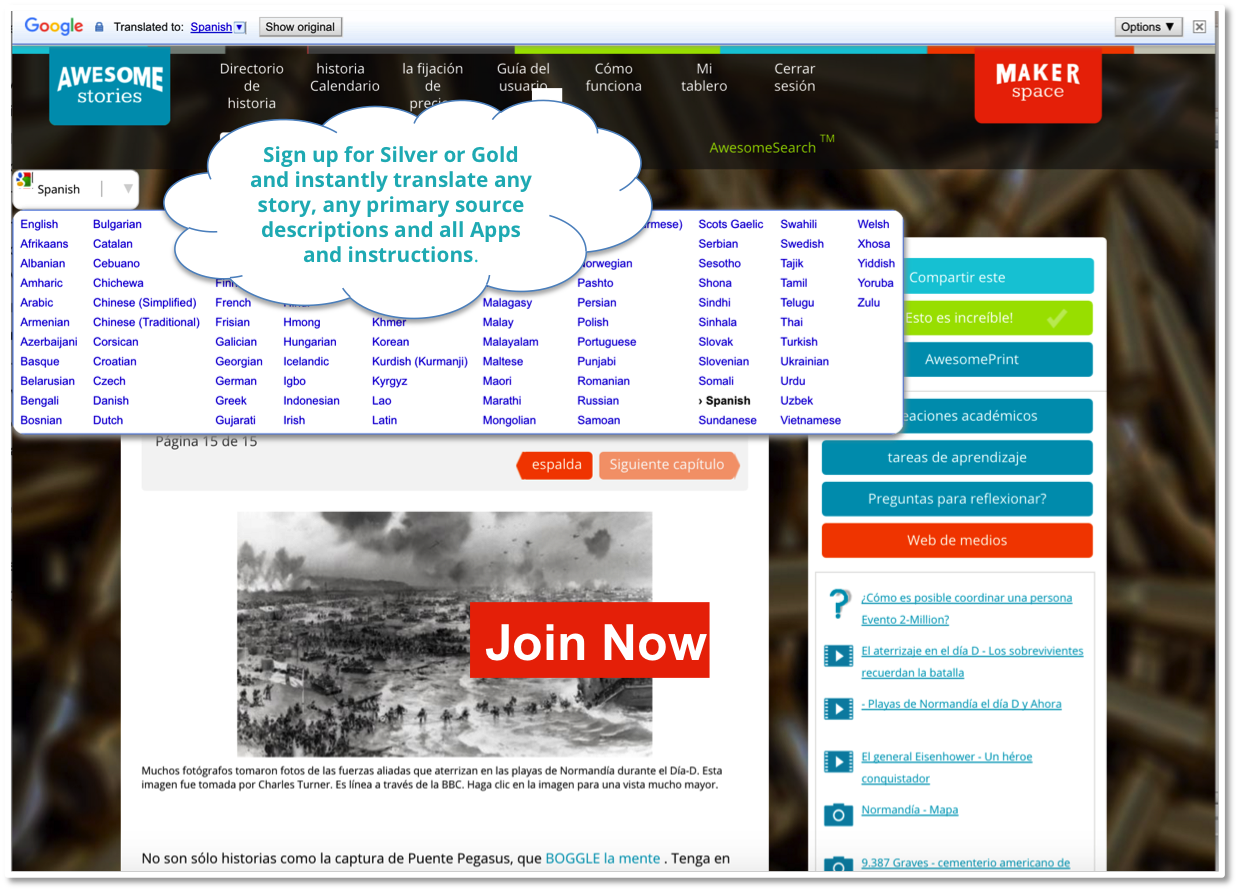When he ran for President, in 1860, Lincoln was 52 years old. Southern states were so upset with his election, they began to leave the Union of States. People in the South thought the new president was an abolitionist, although that was not the case in 1860.
Lincoln had pledged he would not interfere with slavery because the U.S. Constitution did not allow it. But the South thought he would use other means to undermine the institution on which the Southern economy was based.
As he took over as America's chief executive, Lincoln presided over a very fragmented country. When he left his Springfield home, for a new life in the White House, he told his Illinois friends good-bye. No one could be sure what would happen next.
In April of 1861, Confederates - who had already left the Union - fired shots against federally owned Ft. Sumter in South Carolina. People in the South thus signaled they were prepared to fight a war to preserve their way of life.
With all its military might, the Union should have been able to easily put down such a war of rebellion. But military leaders of the North did not serve their President well.
It was months before Lincoln realized he had to make a change, militarily. Even when that happened, however, the North still lost key battles.
Initially, the war was about reunion - Lincoln wanted both parts of the country to come together again. But as the war progressed badly, for the North, the President decided to make a major change.
Deciding that the war would also be about freeing the slaves, President Lincoln drafted an Emancipation Proclamation. Although that document had limited effect - from a legal standpoint - it provided the Union army with the will to continue the fight.
Lincoln also fought, hard, for a Constitutional Amendment which would abolish slavery throughout the country. When the Resolution, for the 13th Amendment, passed the House of Representatives (on January 31, 1865), the President signed the paperwork which sent the proposed amendment to the States.
It became the law of the land by the end of that year. The President, however, did not live long-enough to see that happen (although he survived long-enough to know that peace would return to his country following Lee's surrender at Appomattox Court House).
See, also:
Abraham Lincoln - Humble Beginnings
Abraham Lincoln - Saves the Union
Media Credits
Clip from "Greatest Heroes in History - Lincoln," Episode 7 of a BBC series which originally aired on August 23, 2002. Online, courtesy BFI National Library. Copyright, BBC, all rights reservedd. Clip provided here as fair use for educational purposes and to acquaint new viewers with the series.
Executive Producer:
Alan Clements
Director:
Jane Quigley
Series Producer:
Melanie Jappy
A Wark Clements Production




